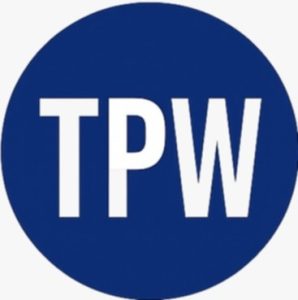Washington eyes Chinese stakes in key ports
The United States has launched its most ambitious maritime strategy in decades to counter China’s footprint across global ports. Officials are weighing support for Western firms to acquire Chinese stakes in strategic terminals from the Mediterranean to the Caribbean. The concern: Beijing could leverage port access for intelligence, logistics, or leverage during crises. The White House has not detailed timelines, but the agenda signals a structural shift in U.S. sea power.
Piraeus and Panama under the microscope
Chinese state groups led by COSCO hold major positions in the Greek port of Piraeus and other European and Caribbean hubs. U.S. scrutiny has focused on Piraeus, Spain’s Valencia and Bilbao, and Jamaica’s Kingston transshipment port. Washington has also reviewed maritime chokepoints, citing the Strait of Gibraltar, as officials map vulnerabilities in global shipping routes.
Tools: shipbuilding, registries, and fees
Policy options include reviving U.S. shipbuilding capacity, incentivizing U.S.-controlled registries, and imposing fees on Chinese-built or Chinese-flagged vessels calling at American ports. The administration argues these steps are essential to reduce reliance on foreign fleets and to harden supply chains.
Beijing rejects ‘coercion’ narrative
China says its port investments comply with international law and accuses Washington of “economic coercion.” Analysts say the contest will intensify as both sides seek influence over logistics corridors that carry trillions in annual trade—routes crucial for South Asian exporters and diaspora supply chains, including Bangladeshi garment shipments transiting Mediterranean and U.S. ports.
U.S. moves to curb China’s global port influence in sweeping maritime push
-
 TPW DESK
TPW DESK - 04:49:55 pm, Tuesday, 16 September 2025
- 511
Popular Post











